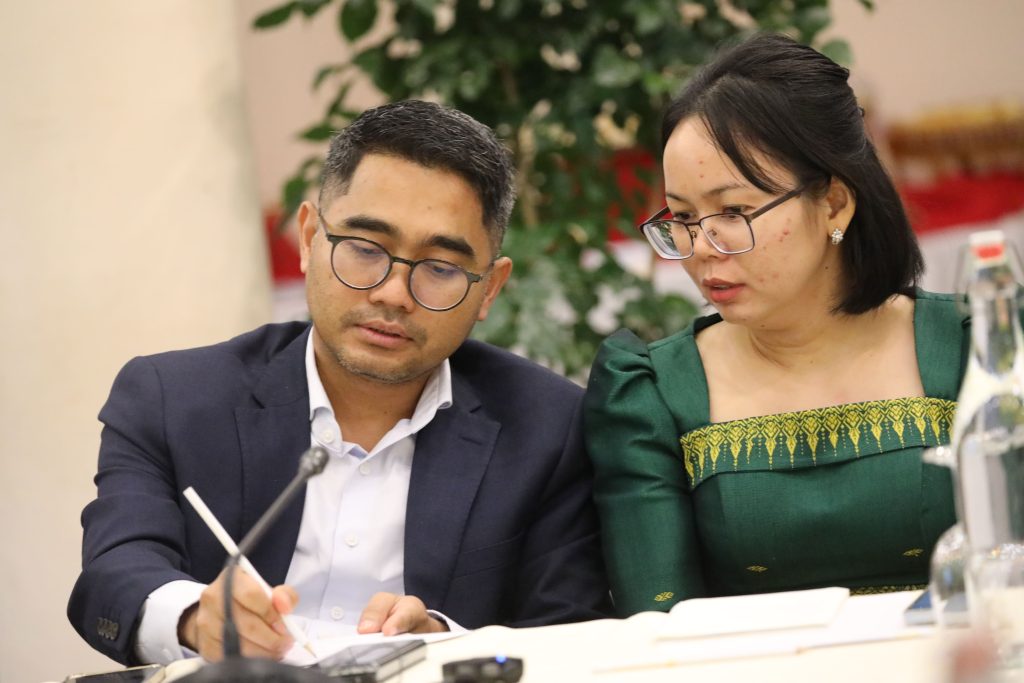
Dr Daniel Diaz, Secretary of Health for the state of Guanajuato and President of the C/Can Leon City Executive Committee, which met for the first time last week, discusses progress since the Mexican city joined C/Can in 2019.
Over the course of his career in medicine, teaching and public administration, Dr Diaz has acquired extensive experience of all aspects of Mexico’s health system, both in the healthcare field and in policy.
Why do you think the C/Can initiative is right for Leon, Guanajuato?
Because we already have established a solid public state health system supported by a private sector, both of which are now developing and interacting in a complementary manner, and are committed to delivering dignified and humane care for patients, whether they be children or adults.
What is the value of addressing the challenges of cancer care from a local perspective, at municipal and state level?
Our approach is based on a vision of making available resources efficient, with special emphasis on timely drugs and treatment. In Leon and Guanajuato, we have a health system focused on the safety and quality of the individual’s care.
How do you envision the roles of cities in the future for global health with respect to cancer care?
The role of cities is to provide integrated, innovative, people-centred and safety-focused care, based on systems that address human, social and health care needs in tandem.
What knowledge and experience have you acquired about the role of cities during the current pandemic?
In Leon we are proud to have a great team of health professionals who put their lives on the line every day and give one hundred per cent to their patients. This is the most important thing and the basis for developing information systems and making medical services more effective and efficient.
How will patients in Leon benefit from the City Cancer Challenge initiative?
The clearest benefits will be in terms of timely and integrated access to specialised services, as well as facilitating access to medicines, research studies, treatments, and moral support with a human face, all of this based on evidence-based practices, and innovation to improve comprehensive cancer.





